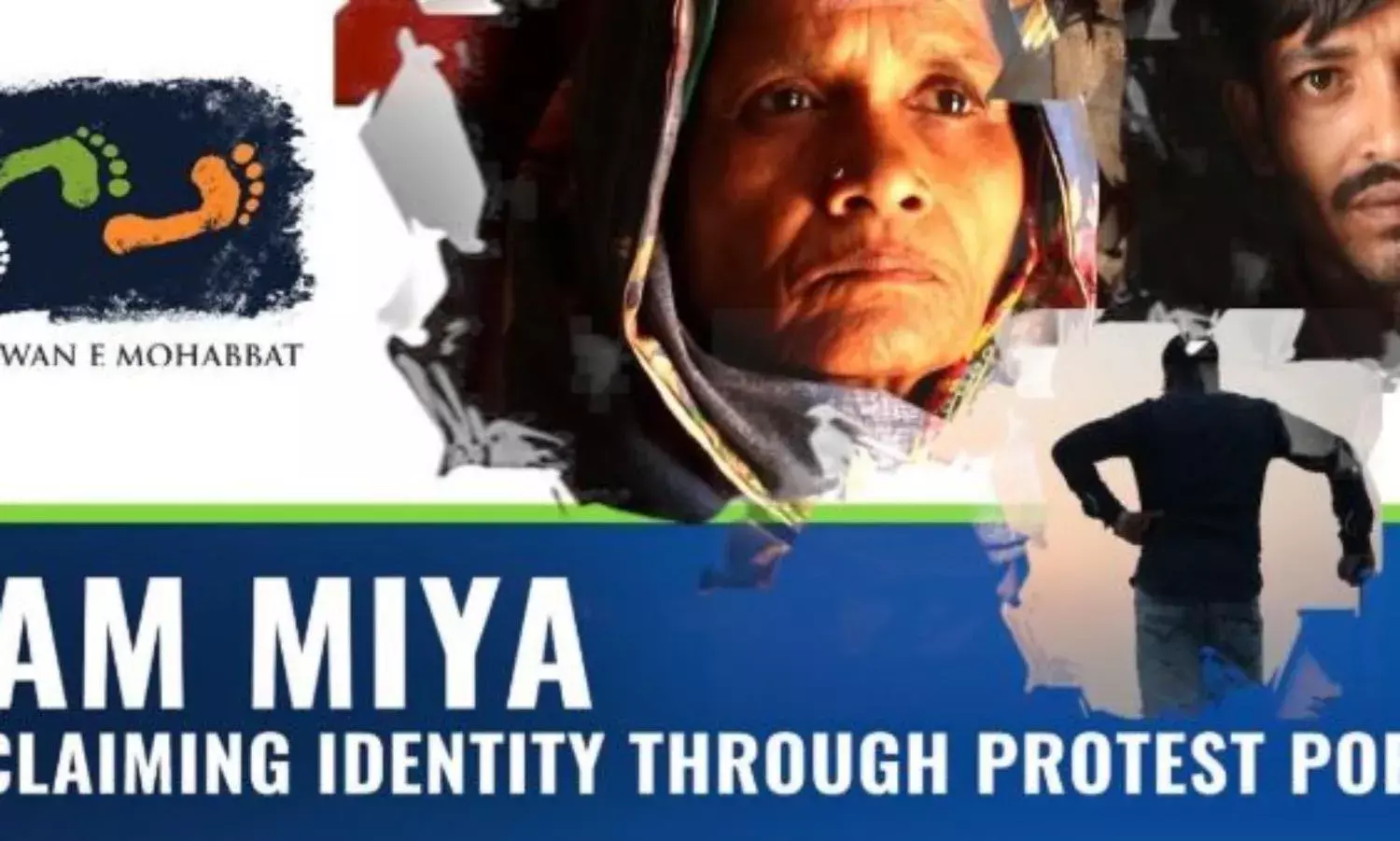Stop The Hate
FIRs against Miyah Poets and Online Trolling
On 10 July 2019, an FIR was filed against ten Miyah poets and other activists from Assam under five different sections of the Indian Penal Code (IPC) and the Telecommunications Act for a poem titled Write it Down, I am a Miyah written by senior Miyah poet, Hafiz Ahmed. The FIR accused the poets and activists, amongst other things, of depicting the Assamese people as “xenophobic in the eyes of the whole world” and posing a “serious threat to the Assamese people as well as towards the national security and harmonious social atmosphere.”
A week later, at least three more FIRs were filed over the same poem. Meanwhile, several of these poets/activists are being subjected to a barrage of online trolling and intimidation by certain individuals on social media and WhatsApp. These include death threats, rape threats and other explicit forms of harrassment. There is also a wider attempt to malign the young Miyah poets and in fact, the entire Miyah community, through derogatory, lurid and baseless stereotypes. This malicious campaign only adds fuel to the existing sentiment of hostility against Bengali-origin Muslims of Assam who remain highly vulnerable to ethno-nationalist majoritarianism and anti-immigrant rhetoric in the state.
We wholeheartedly condemn such attempts to malign and criminalise the Miyah poets. Poetry can be a spontaneous and legitimate medium of expression of collective trauma, grievances and emotions. In the absence of other avenues, it often becomes the sole medium of speaking truth to power. Every single individual and community has, and should have, the natural right to do so without the fear of perverse consequences, including punitive action (such as FIRs). The criminalisation of any poetry marks the death of a healthy, democratic and humane society that we want Assam to be. In this context, we see Miyah Poetry as a legitimate form of literary protest against the victimisation of Bengal-origin Muslims of Assam.
In this regard, we remind the principal stakeholders - the judicial system, on which we rest many of our hopes, and the media - of the fundamental rights guaranteed through the highest laws of the country i.e. those enshrined in the Constitution: Article 14 ensuring equality before the law, Article 15 defining equality of opportunity, and Article 19 upholding freedom of speech and expression, subject to “reasonable restrictions”. We, thus, expect and urge the government and other mandate holders to uphold the constitutional rights of all citizens, which also include the right of writers to speak and write freely without fear of fear, harm or intimidation. We believe that anyone attempting to impinge on these fundamental rights with arbitrariness and frivolous interpretations must face the full force of the law.
Further, we condemn the manner in which certain lines from some old poems have been selectively quoted, distorted and taken out of context to project them as “anti-Assamese” or “anti-social”, as also highlighted in the recent statement released by the Miyah poets/activists. These are labels that only sharpen Assam’s brittle faultlines and create conditions for ethnic and communal violence. We urge all parties to refrain from using such simplistic and baseless titles against the poets.
Finally, we unequivocally condemn the cyber bullying, harassment and threats that the Miyah poets, activists and their friends are being subjected to. Such conduct is not just downright unacceptable in a civil society, but also fall under the ambit of criminal offences. We urge all members of Assam’s civil society, including prominent intellectuals, to publicly condemn the trolling of Miyah poets/activists and urge the police to take necessary action against the perpetrators.
The final draft of the National Register of Citizens (NRC) is about to be published on 31 July. In this context, the timing of the controversy and the vilification of the poets point to dangerous times ahead. We appeal to all people to assert their voices against hate, chauvinism and censorship of literary expressions.





